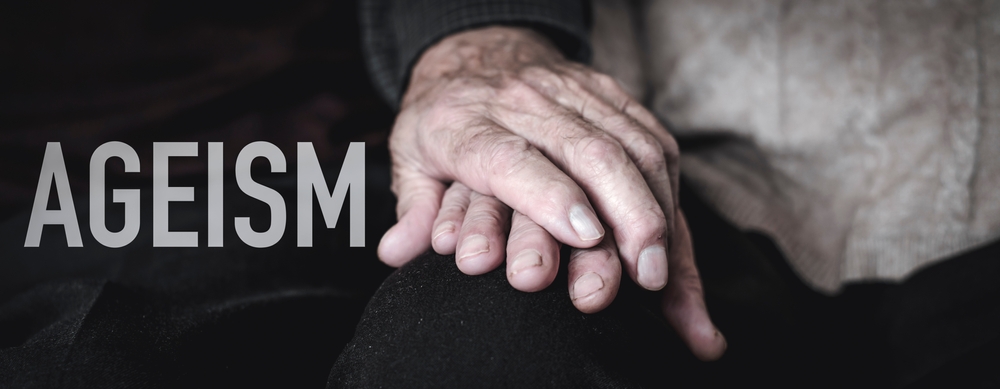
Is it OK to be ageist, and is Australia more ageist than most?
I try not to be touchy about my age, especially as I'm turning 64 a tad too soon, but ageism has reared its ugly head.
A few too many people sent me a column in the Australian Financial Review headlined Why is it still considered OK to be ageist?
While other prejudicial "-ists and -isms" can put some adults into conniptions, ageism is still widely tolerated.
So where do you think Australia stands in the ageism stakes?
In her piece, UK writer Lucy Kellaway quotes the case of a 62-year-old political editor on UK's Sky News.
He said he was stepping down by mutual decision with the channel as they were looking to "the next generation."
By comparison with the UK and USA, I'd venture our morning TV and news programs as bastions of youth. Barring David Koch coming up to 66 years old next month, there are few in their sixties, even fifties.
A former leading CEO, who wouldn't want to be quoted by name, said age discrimination against industry leaders here was far worse than in America, where he'd also worked.
In short, he said that in the US (but not here) grey hair and experience are valued, not fired.
These are all anecdotal generalisations but be you a head honcho or a hairdresser, are we any better or worse than comparable countries?
Actor Noni Hazelhurst, now 68, looked at the stigma around ageing in her SBS doco What Does Australia Really Think About Old People in 2020: see it here.
The research in the show suggests that ageism is more deeply entrenched than sexism or racism and not taken seriously as discrimination.
Kellaway suggests this blindness to ageism is because it is against our future (or current) selves due to the fear of senility - as opposed to being directed against others, who are perceived as different in some way.
The facts are that many more older people are in better health than those suffering from isolation in aged care or locked in by dementia. Yet the stereotypes stick.
And you may be shocked to hear it's us older people who are somehow to blame.
It's the hypothesis of US anti-ageism activist Ashton Applewhite. She's written a book, This Chair Rocks: A Manifesto Against Ageism and has a website Old School with sage advice and handy tools to fight it.
She says in an interview:
"Ageism is unique in that we all face it… Older people are often the most ageist of all because we've had a lifetime of absorbing negative messages about age and aging, that older people are incompetent or out of touch, for example. Unless you don't stop to question these messages, they become part of your identity."
Applewhite has a powerful message if you think she is right, and we can all, especially older ones, internalise and propagate ageism without realising it.
Come my next birthday, I'll put on Sgt Pepper's, the vinyl LP, of course, and hear that song afresh. It was written in 1956 by a 14-year-old Paul McCartney.
It's a harmless and charming Beatles' lyric but there's a suggestion of helplessness and frailty too. "Will you still need me, will you still feed me When I'm sixty-four?"
What do YOU think? Is Australia an ageist nation? Are we better or worse than elsewhere? Are you sometimes guilty of accidental ageism too?
Any information contained in this communication is general advice, it does not take into account your individual circumstances, objectives, financial situation or needs.

